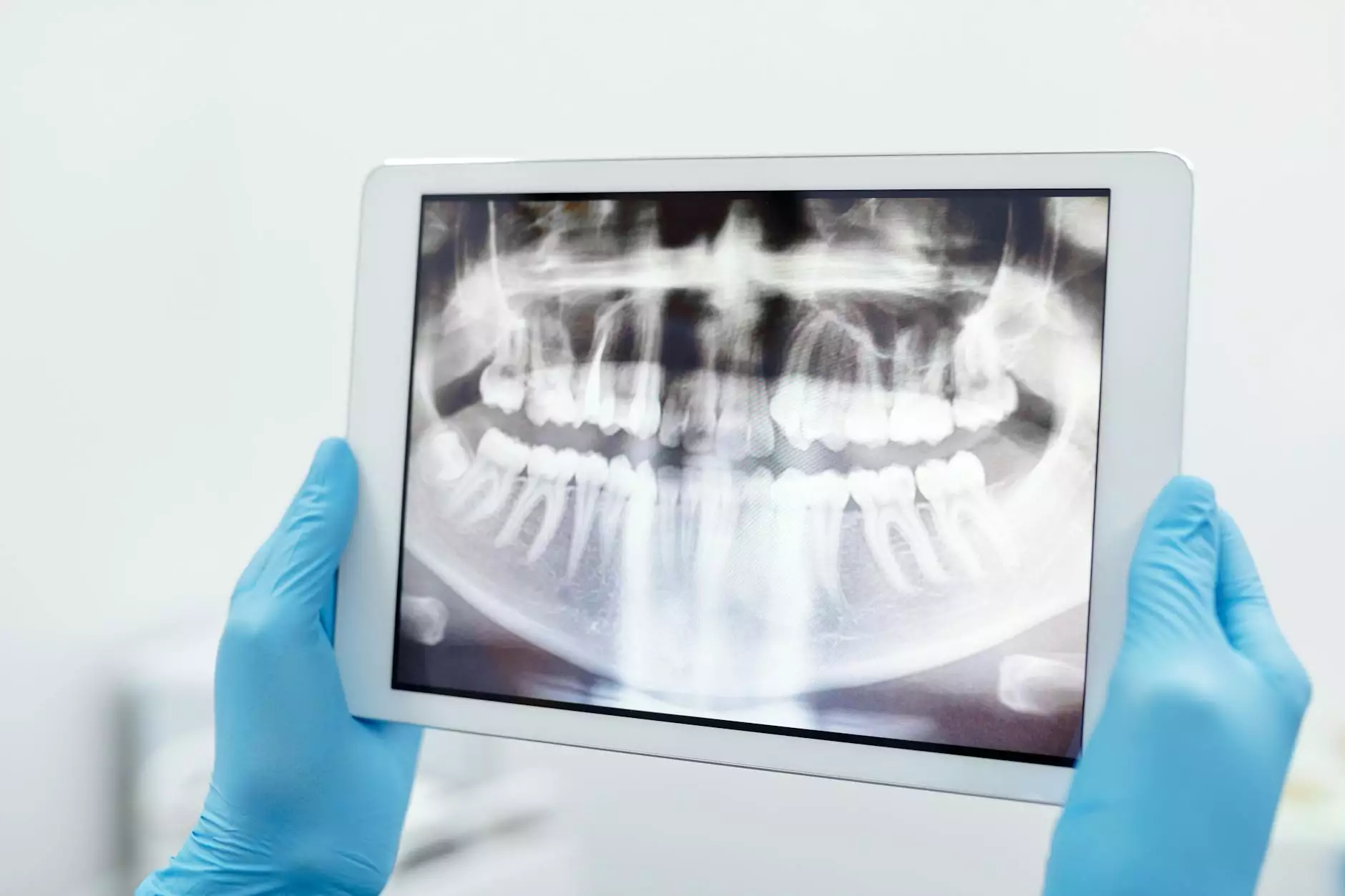Understanding Hysterectomy and its Impact on Ovarian Cancer Risk

The topic of hysterectomy and its potential influence on ovarian cancer risk is one that resonates with many women contemplating this surgical option. This article delves deep into the relationship between the two, providing valuable insights into health decisions that can have lasting implications. With comprehensive details shared throughout this piece, women will be equipped with knowledge to make informed health choices.
What is a Hysterectomy?
A hysterectomy is a surgical procedure that involves the removal of a woman’s uterus. Depending on the medical indications, it may involve the removal of the cervix, ovaries, and fallopian tubes as well. Hysterectomies are primarily performed for a variety of reasons, such as:
- Uterine fibroids
- Endometriosis
- Uterine prolapse
- Abnormal bleeding
- Cancer in the uterus or other reproductive organs
Women considering a hysterectomy should discuss all available options with their healthcare provider to understand the best course of action for their specific health conditions.
Understanding Ovarian Cancer Risk
Ovarian cancer is a serious health concern for women, characterized by the uncontrolled growth of cells in the ovaries. Several risk factors for developing ovarian cancer have been identified, including:
- Age: Risk increases with age, especially after menopause.
- Family history: A genetic predisposition can increase risk, particularly with BRCA1 or BRCA2 mutations.
- Endometriosis: Women with endometriosis may have an increased risk of ovarian cancer.
- Reproductive history: Women who have not given birth may face a higher risk.
Understanding these factors is crucial for women's health, especially when considering surgical interventions like a hysterectomy.
The Link Between Hysterectomy and Ovarian Cancer Risk
Research has sought to clarify the relationship between hysterectomy and the risk of developing ovarian cancer. The general consensus among the medical community indicates that:
- Removal of Ovaries: In cases where a hysterectomy involves the removal of the ovaries (oophorectomy), it significantly reduces the risk of ovarian cancer because the primary sites for this type of cancer are eliminated.
- Impact on Hormonal Balance: Since the ovaries produce hormones like estrogen and progesterone, their removal can lead to changes in hormonal balance that may impact overall health.
- Types of Hysterectomy: The risk associated with various types of hysterectomy (total, subtotal, or radical) varies. A total hysterectomy often includes the removal of the cervix and may involve the ovaries, while a subtotal hysterectomy preserves them, potentially keeping the risk of ovarian cancer intact.
Women without a significant family history of ovarian cancer or other risk factors may find that their likelihood of developing ovarian cancer is reduced by opting for a hysterectomy, particularly if it involves the removal of the ovaries.
Advantages of Hysterectomy in Reducing Ovarian Cancer Risk
For many women, undergoing a hysterectomy can come with several advantages that may, in turn, influence their ovarian cancer risk:
- Risk Reduction: As previously mentioned, the removal of the ovaries decreases the risk of ovarian cancer considerably.
- Palliation of Symptoms: Women suffering from severe symptoms due to conditions like endometriosis or fibroids often find significant relief post-surgery.
- Enhanced Peace of Mind: Knowing that their ovaries have been removed can alleviate concerns about ovarian cancer, allowing for better emotional well-being.
Potential Risks and Considerations
While there are advantages to undergoing a hysterectomy, it is essential to consider potential risks and long-term consequences:
- Surgical Risks: As with any surgical procedure, risks such as infection, bleeding, and reactions to anesthesia exist.
- Hormonal Changes: Women who undergo oophorectomy may experience menopause symptoms suddenly, leading to issues such as hot flashes, mood swings, and decreased libido.
- Psychological Impact: The psychological effects of losing reproductive organs can be profound for some women, contributing to feelings of loss or depression.
Making an Informed Decision
Ultimately, deciding whether to undergo a hysterectomy, especially one that involves the removal of the ovaries, is a highly personal choice that should be guided by a thorough discussion with a qualified healthcare provider. Some key factors to consider include:
- Your overall health status
- Your family history regarding ovarian cancer
- Your current and future reproductive desires
- The severity of symptoms impacting your quality of life
Women are encouraged to seek second opinions and explore all possible alternatives before proceeding with surgery.
Conclusion
The relationship between hysterectomy and ovarian cancer risk is complex and nuanced. While many women may find relief from debilitating conditions through this surgery, understanding its impact on cancer risk is essential. It is crucial for women to engage in open communication with their health providers, assessing all possible outcomes and effects associated with the surgical procedures.
At DrSeckin.com, we prioritize informed women's health decisions. By providing comprehensive insights, we aim to empower women with the knowledge required to make choices that best suit their individual health needs.
For more information, visit us at DrSeckin.com.
hysterectomy ovarian cancer risk








